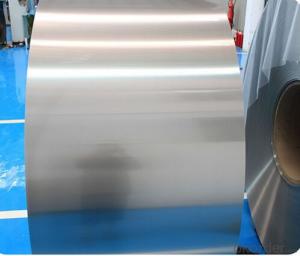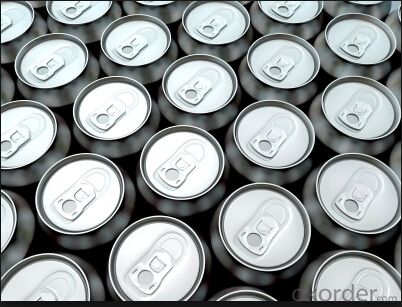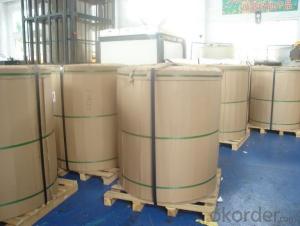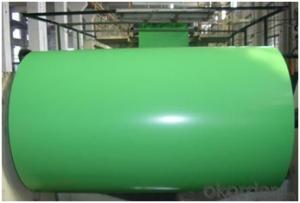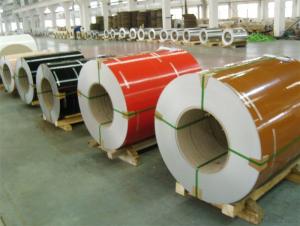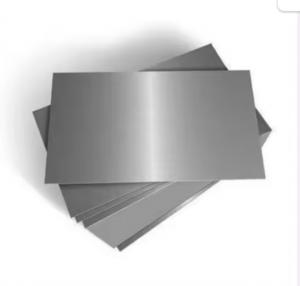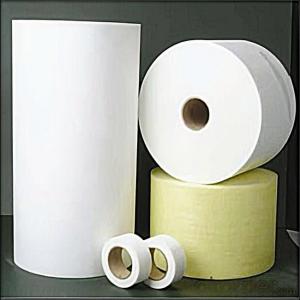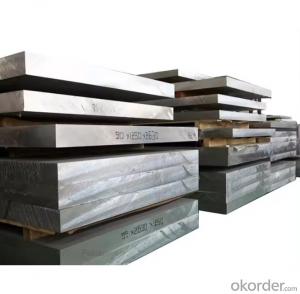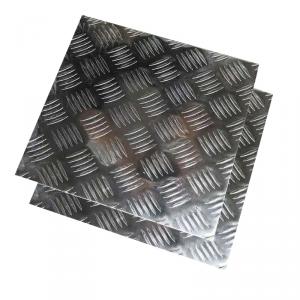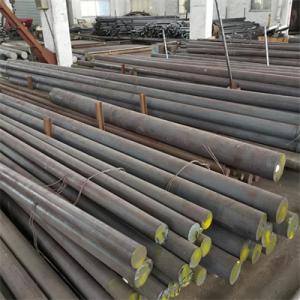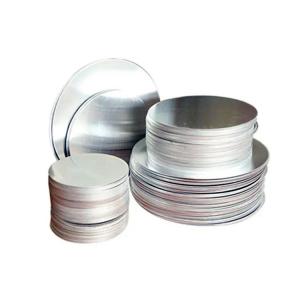Brown Aluminum Coil Stock for Cap Stock Production
- Loading Port:
- Shanghai
- Payment Terms:
- TT OR LC
- Min Order Qty:
- 20 m.t.
- Supply Capability:
- 100000 m.t./month
OKorder Service Pledge
OKorder Financial Service
You Might Also Like
1.Structure of 5182 Aluminum Coil Description:
5182 Aluminium coil can be used for aluminum can which is a container for packaging made primarily of aluminum (BrE aluminium).It is commonly used for foods and beverages but also for products such as oil, chemicals, and
other liquids.Most aluminum cans are made of two pieces. The bottom and body are "drawn" or "drawn and ironed" from a flat plate or shallow cup. After filling, the can "end" is sealed onto the top of the can. Aluminum cans are often made with recycled aluminum; approximately 68% of a standard North
American can is recycled aluminum.
2.Main Features of the 5182 Aluminum Coil:
1)light weight
2)easily and economically recycled
3)superior barrier qualities
4)good formability
3.5182 Aluminum Coil Image:
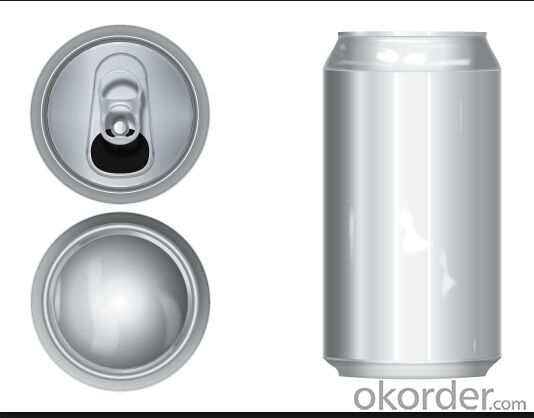
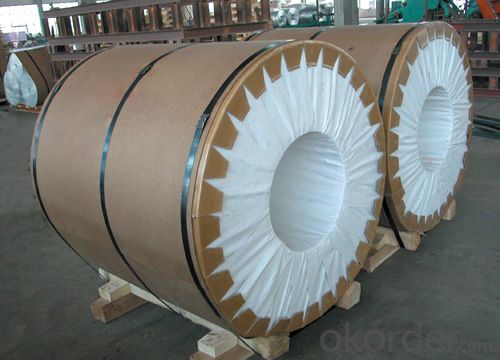
4.5182 Aluminum Coil Specification:
Alloy | Temper | Thickness | Width | Prepainting |
A5052,A5182 | H19,H18,H16(H49,H48,H46) | 0.23~0.60mm | <1550mm< span=""> | EPOXY, PPG |
Inner Diameter | Outside Diameter | MOQ | Application | Coil Weight |
405,505,605mm | <1500mm< span=""> | 10 MT | Can Cover/Tab | <5 |
5.FAQ:
1) How about your quality?
Quality is priority! Every worker keeps the QC from the very beginning to the very end, Quality control department especially responsible for quality checking in each process.
2) How about the delievery time?
About 30-45 days
3) What is your payment terms?
TT or LC
- Q:What are the different types of aluminum coils available?
- There are several different types of aluminum coils available in the market. Each type is designed to cater to specific requirements and applications. 1. Mill Finish Aluminum Coils: These coils have a plain, shiny surface with no additional treatments or finishes applied. They are often used in general applications where aesthetics are not a major concern. 2. Anodized Aluminum Coils: Anodizing is an electrochemical process that forms a protective layer on the surface of the aluminum. This type of coil is highly corrosion-resistant and provides excellent durability. Anodized aluminum coils are commonly used in architectural applications, such as building facades, window frames, and signage. 3. Painted Aluminum Coils: These coils are coated with a layer of paint, typically through a coil coating process. The paint provides not only aesthetic appeal but also protection against weathering, UV radiation, and corrosion. Painted aluminum coils are widely used in the construction industry, for roofing, cladding, and rainwater goods. 4. Embossed Aluminum Coils: These coils have a textured or patterned surface created by embossing rollers. The embossed patterns can vary from simple designs to intricate motifs, providing both aesthetic appeal and enhanced slip resistance. Embossed aluminum coils are commonly used in flooring, decorative panels, and transportation applications. 5. Pre-painted Aluminum Coils: Similar to painted coils, pre-painted aluminum coils are coated with paint. However, the coating is applied before the coil is formed, allowing for greater flexibility in terms of color options and finishes. Pre-painted aluminum coils find applications in various industries, including automotive, appliance manufacturing, and signage. 6. Clad Aluminum Coils: Clad aluminum coils consist of two layers of aluminum bonded together, usually through a rolling or extrusion process. The purpose of the clad is to combine the desirable properties of different aluminum alloys, such as strength, corrosion resistance, or conductivity. Clad aluminum coils are commonly used in the automotive, aerospace, and electrical industries. In addition to these types, there are also specialized aluminum coils available for specific applications, such as heat exchangers, condenser coils, and transformer windings. These coils are designed with specific properties and characteristics to meet the requirements of these specialized applications.
- Q:How are aluminum coils protected against chemical exposure?
- Aluminum coils are protected against chemical exposure through the application of corrosion-resistant coatings or anodizing processes. These protective measures create a barrier between the aluminum surface and the chemicals, preventing direct contact and minimizing the risk of corrosion or degradation.
- Q:Can aluminum coils be used in telecommunications infrastructure?
- Yes, aluminum coils can be used in telecommunications infrastructure. Aluminum is a lightweight and durable material that is commonly used in various industries, including telecommunications. The use of aluminum coils in telecommunications infrastructure offers several advantages. Firstly, aluminum is a cost-effective material compared to other metals like copper. It is readily available and has a lower price point, making it a preferred choice for many telecommunications companies. Additionally, aluminum coils are lighter in weight, which makes them easier to handle and install, reducing the overall labor and transportation costs. Moreover, aluminum has excellent electrical conductivity, making it suitable for transmitting data signals in telecommunications networks. Aluminum coils can effectively carry electrical current, ensuring efficient data transmission without any significant loss in quality. This conductivity enables reliable and high-speed communication over long distances. Another advantage of using aluminum coils in telecommunications infrastructure is their resistance to corrosion. Aluminum naturally forms a protective oxide layer when exposed to air, preventing it from rusting or corroding easily. This resistance to corrosion ensures the longevity and durability of the infrastructure, reducing maintenance and replacement costs over time. However, it is important to note that aluminum has a lower tensile strength compared to copper. Therefore, proper engineering and design considerations need to be taken to ensure the structural integrity of the infrastructure when using aluminum coils. Additionally, specific connectors and hardware compatible with aluminum may be required. In conclusion, aluminum coils can be effectively used in telecommunications infrastructure due to their cost-effectiveness, lightweight, electrical conductivity, and resistance to corrosion. Proper planning and design are necessary to ensure the successful implementation of aluminum coils in telecommunications networks.
- Q:What is the typical thermal expansion coefficient for aluminum coils?
- The typical thermal expansion coefficient for aluminum coils is around 23 x 10^-6 per degree Celsius.
- Q:What are the tensile strength properties of aluminum coils?
- The tensile strength properties of aluminum coils can vary depending on the specific alloy and temper of the aluminum. Generally, aluminum has a good tensile strength, ranging from 70 to 700 MPa (megapascals). The specific tensile strength of aluminum coils can be determined through material testing and analysis.
- Q:i dont want aluminum cookware, but how about a stainless steel set with an aluminum core. Is this the same as aluminum pots and pans? Thanks.
- The aluminum is encased in the stainless steel, usually as a thick disk in the bottom. It is an excellent conductor of heat and holds the heat well once it gets hot. All you see is the stainless, none of the aluminum because it's between two layers of stainless in the bottom of the pots. You are right, you don't want food cooked in straight aluminum, some metal taste can transfer to certain foods. That won't happen with stainless.
- Q:Can aluminum coils be used in food processing applications?
- Food processing applications can utilize aluminum coils, as they offer a range of advantages. Aluminum is a widely used and highly adaptable material in the food industry due to its various benefits. Aluminum coils are lightweight, durable, and possess excellent thermal conductivity, which makes them suitable for applications requiring efficient and uniform heat transfer. When it comes to food processing, aluminum coils are commonly employed in equipment such as heat exchangers, evaporators, and refrigeration units. These coils help to cool, heat, or maintain the temperature of different food products during their processing, storage, or transportation. The exceptional thermal conductivity of aluminum ensures that heat is evenly dispersed, thereby aiding in the preservation of food quality and flavor. Furthermore, aluminum is a non-toxic and non-reactive metal, meaning it has no adverse effects on the taste or composition of the processed food. It is also naturally resistant to corrosion, ensuring that the coils do not contaminate the food and can be easily cleaned and maintained. In addition, aluminum is an environmentally friendly and recyclable material, aligning with the increasing demand for sustainable practices in the food industry. Its lightweight nature also contributes to energy efficiency and reduced transportation expenses. In conclusion, aluminum coils are a reliable, efficient, and safe choice for food processing applications. They meet the strict requirements of the industry while ensuring the quality and safety of the processed food.
- Q:Are aluminum coils suitable for insulation jacketing?
- Indeed, insulation jacketing can be effectively achieved with aluminum coils. Renowned for their exceptional thermal properties, durability, and resistance to corrosion, aluminum coils are a highly favored choice for jacketing material. They find extensive application across diverse industries such as HVAC, oil and gas, and petrochemical, where they serve to insulate pipe systems and equipment. By enveloping insulation materials, aluminum coils play a crucial role in safeguarding against moisture infiltration and sustaining thermal efficiency. Moreover, their lightweight composition ensures effortless installation and transportation. Ultimately, aluminum coils emerge as a dependable and efficient solution for insulation jacketing endeavors.
- Q:Can aluminum coils be used for electrical transformers?
- Yes, aluminum coils can be used for electrical transformers.
- Q:What maintenance is required for aluminum coils?
- Regular maintenance for aluminum coils includes cleaning, inspecting for damage or corrosion, and ensuring proper airflow around the coils. Additionally, it is important to check the refrigerant levels and ensure that the coils are not blocked by dirt or debris.
1. Manufacturer Overview |
|
|---|---|
| Location | |
| Year Established | |
| Annual Output Value | |
| Main Markets | |
| Company Certifications | |
2. Manufacturer Certificates |
|
|---|---|
| a) Certification Name | |
| Range | |
| Reference | |
| Validity Period | |
3. Manufacturer Capability |
|
|---|---|
| a)Trade Capacity | |
| Nearest Port | |
| Export Percentage | |
| No.of Employees in Trade Department | |
| Language Spoken: | |
| b)Factory Information | |
| Factory Size: | |
| No. of Production Lines | |
| Contract Manufacturing | |
| Product Price Range | |
Send your message to us
Brown Aluminum Coil Stock for Cap Stock Production
- Loading Port:
- Shanghai
- Payment Terms:
- TT OR LC
- Min Order Qty:
- 20 m.t.
- Supply Capability:
- 100000 m.t./month
OKorder Service Pledge
OKorder Financial Service
Similar products
New products
Hot products
Hot Searches
Related keywords
